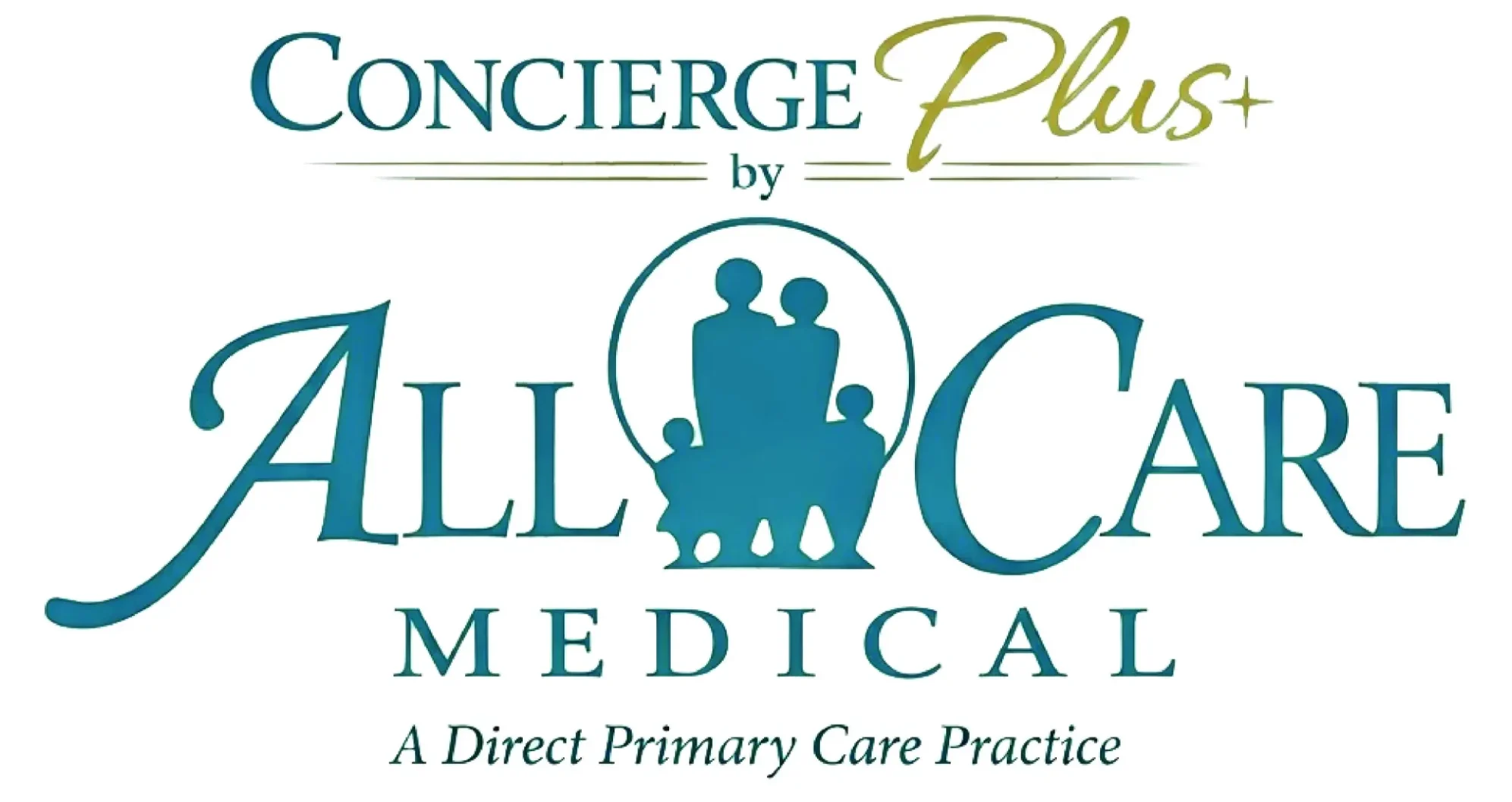Low cholesterol and low saturated fat diet
The purpose of this diet is to reduce the level of cholesterol in the blood and to reduce the risk of heart disease.
General Directions
- Avoid or restrict high cholesterol foods, such as egg yolks and organ meats. Because cholesterol is found in all foods of animal origin, portions of meat and poultry should be reduced. Fish is lower in cholesterol and saturated fat. Plant foods (fruit, vegetables, grains, and legumes) are cholesterol-free.
- Restrict foods with saturated fat, even if the food containing them is “cholesterol-free.” Saturated fat will raise blood cholesterol even more than foods containing cholesterol.
- Saturated fats include:
- Fats of animal origin (the fat of meat, lard, butter, cream, and other dairy fats). Animal fats contain both cholesterol and saturated fat.
- Tropical oils, including coconut, palm, and palm kernel oil. These highly saturated oils are used in commercially baked or processed foods, such as cookies, crunchy snack foods, oily crackers, and many nondairy creamers and whipped toppings.
- Vegetable oils that have been hydrogenated (hardened). These include solid shortening used in, baking and hard stick margarines.
- Saturated fats include:
- Replace part of the saturated fat in your diet with unsaturated fat, such as olive oil, other vegetable oils, and soft tub margarine, but reduce the total quantity of all fats and oils you consume. This restriction has the added benefit of lowering total calorie intake. Because fat in our bodies is a hard, saturated fat, weight loss often reduces blood cholesterol in people who are overweight.
Cholesterol food chart
Meat, Poultry, & Shell Fish (6oz.per day)
Very lean meat (beef, pork, lamb, veal) with all fat trimmed. Poultry without skin; shellfish.
Fatty and well-marbled meat. Sausage, bacon, frankfurters, and fatty cold cuts. Organ meats. Poultry skin. Goose and duck.
Fish
Unlimited amounts.
Fried and commercially breaded fish. Caviar and roe.
Lentils & Legumes
Dried peas and beans, such as kidney beans, navy beans, lentils, soybeans, and tofu, which are high in protein and may be used as a meat replacement.
Baked beans and lentil soup prepared with salt pork.
Dairy Products
Skim and nonfat milk, 1% milk, low fat buttermilk, low fat evaporated milk.
Low fat cottage cheese, farmer and pot cheese.
Cheeses labeled as having 3 gm of fat per ounce or less.
Whole milk (3.5% fat), 2% milk.
All other cheeses, including American and cream. Cream and sour cream.
Eggs
Egg whites. More than two egg yolks per Cholesterol-free egg substitutes
More than two egg yolks per week.
Fats & Oils (1tbsp. per day)
Unsaturated vegetable oils. such as olive, canola, peanut, safflower, corn, soybean, and sesame. Soft tub margarine made from above oils.
Butter. bacon fat. meat drippings (gravy). salt pork.
Hard stick margarine and solid shortening used in baking. Tropical oils, such as coconut, palm, and palm kernel oil. Food labeled as containing “vegetable oil’ may have these saturated oils.
Starches & Breads
Most breads. such as white, whole wheat, rye, Italian, pita, and bagels. Sandwich buns. English muffins. Saltines and other non oily crackers, pretzels, air-popped popcorn.
Most cereals. (Note: oat bran cereal, the pectin fruit, and legumes contain a type of fiber that lowers blood cholesterol.) Pasta & rice.
High fat baked goods, such as croissants, butter rolls, Danish pastry, and doughnuts.
Store-bought or restaurant pancakes, biscuits. and muffins. Most crunchy snack crackers containing fat, such as cheese crackers and crackers made with
palm and coconut oil. Commercially popped popcorn. Granola and other cereals containing coconut and palm oil.
Pasta prepared with cream, butter, or cheese sauces.
Fruits & Vegetables
All fresh, frozen, canned, or dried fruits and vegetables.
Vegetables prepared with butter, cream, or meat fat. French fries and potato chips.
Desserts & Sweets
Low fat sherbet, fruit sorbet, Italian ice, popsicles, angel food cake, ginger snaps.
All sweets (sugar, desserts, soft drinks) and alcoholic beverages contribute to excess calories and subsequent weight gain. Restrict intake of these foods and beverages.
Ice cream, most frozen tofu desserts.(Note: ice milk and frozen yogurt may be only slightly reduced in fat.) High fat cakes, cookies, pie crust. Sweets made with chocolate and coconut.

